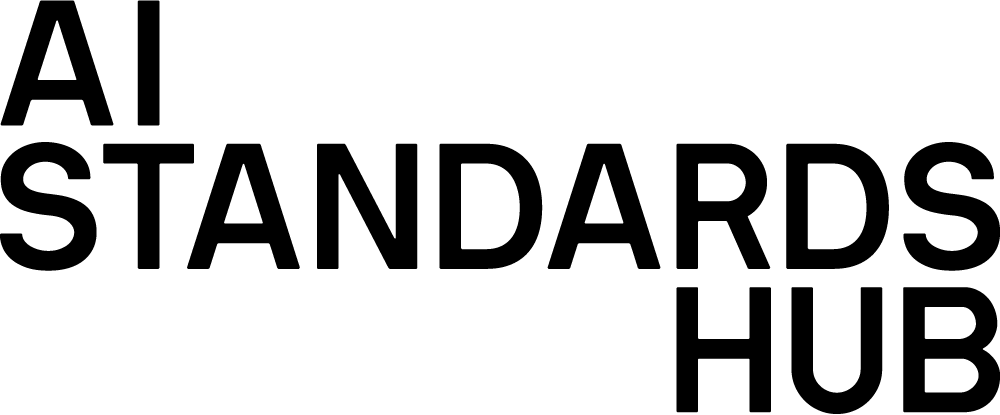Big data analytics need standards to thrive: what standards are and why they matter
Abstract
With data now considered by some to be the “new oil,” civil society, industry and governments need to begin setting and implementing international foundational standards. There is an urgent need to set the ontology, semantics and definitions; define measurement and metrics; agree on dos and don’ts and the ethics of big data; and establish testing and certification programs to spur innovation and reap the benefits of big data analytics, all while respecting privacy, health, safety and security, as well as sovereignty rights. Complacency is guaranteed to further exacerbate threats on safety and security, fundamental human rights, public institutions and democracy. It could result in engineering, infrastructure and/or public safety failures. If history in the deployment of disruptive technologies is any indication, taking a passive approach will ultimately result in state intervention and in a patchwork of regulations, rules, review and permitting programs, and, worse, unintended harm to people. Given the stakes, it will be important to set standards through open platforms in order to encourage broad participation and transparency in negotiated rulemaking in order to adapt to the cultures of communities of practices engaged in big data analytics and to generate a broad base of support and compliance.
This content is available under a Creative Commons Attribution-NonCommercial-No Derivatives licence.
External Links
Key Information
Date published: 18 Feb 2026


